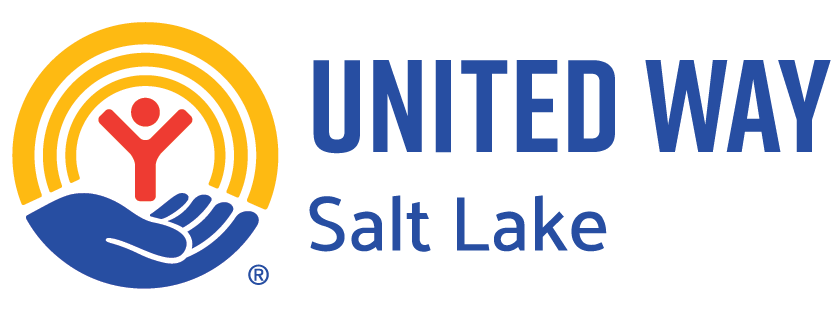 by Sean Strickland
by Sean Strickland
Community School Director, Woodrow Wilson Elementary
As a child, parent teacher conferences were my most stressful time of the year. The feeling of dread that surrounded report cards, talking to cute girls, or failing tests could not come close to that of a one-on-one conversation between the two entities that could decide my rewards and punishments. I had to quickly figure out how many weeks of classroom brownie points it would take to convince a teacher to give a positive review rather than the one that was probably more accurate. As a Community School Director at Woodrow Wilson, it took me no time at all to see that the amount of challenges and obstacles I faced regarding Parent Teacher Conferences were minuscule compared to what our families here experience, even things as simple as trying to have a conversation about their children with a teacher.
Parent teacher conferences, or SEP (student education plan), happen twice a year for the entire Granite School District. They are an excellent opportunity for parents to be updated on student performance, behavior, and to collectively set goals on what the student can achieve by years end. This is the model for any school in the district or state. What makes Woodrow Wilson and South Salt Lake schools different are the barriers that most families face. Many of our families live within a few miles, but due to busy streets, walking to school is dangerous. In order to make sure we could get as many families as possible, Promise South Salt Lake generously organized their own city van as well as got a Granite School District bus to provide transportation for any of our families.
Woodrow Wilson, just as many other schools in South Salt Lake, is extremely diverse when it comes to languages spoken by families. I cannot begin to imagine the level of frustration some parents feel when they come into their child’s school, excited to hear about the great things they have accomplished, and are completely unable to communicate with anyone in the building. With over twenty-five languages and dialects, it requires a substantial amount of planning and coordination with partners to get enough translators so that families are able to have their voice heard about their child’s education.
The five non-English languages that are spoken by the most families at Woodrow are: Spanish, Somali, Nepali, Swahili, and Arabic. For schools that do not have a Community School Director, this would be a major challenge for the administration or social worker to track down and schedule enough interpreters to be affective. However, all of the Community School Directors from the South Salt Lake Pipeline met to make a plan, find partners that would supply translators, and coordinate schedules to help one another. Without this teamwork and collaboration, I really feel our SEP night would not have been as successful as it was. We were able to use translators from Granite School District, the Latinos in Action program from Cottonwood High School, students in language programs from the University of Utah, as well as members of the Khadija Mosque community. What took a lot of work was all made worthwhile when seeing the smile on a parents face as they were able to communicate with their child’s teacher.
One of the major advantages of being a United Way Community School is that we are able to have so many amazing partners that have the health and well-being of our students as their main priority. During both SEP nights, the hallways were lined with different community partners giving out services and information to anyone that would stop by their tables. Promise South Salt Lake was advertising new after school programs to offer to students like a guitar class or the “earn a bike program.” Utah Health Policy Project and Midtown Clinic were helping navigate families through the tricky and complicated forms to get health insurance. Not only are the able to communicate the nuances of Medicare and Medicaid, but they are able to do it in both English and Spanish. Although there were many tears and frightened faces, the flu shots given for free by Community Nursing Services should help to give us healthy kids in classrooms all winter long. The newest partner that took advantage of the large family turnout was the Mobile Food Pantry, which is being supported through an amazing partnership with the Granite Foundation. Over one hundred and twenty families were given a box of pantry staples and a schedule of future Mobile Food Pantry dates.
The amount of support we receive from the community for the purpose of ensuring our students are able to be happy, healthy, and ready to learn is truly humbling.

Even though there are a few extra hours that can feel chaotic, at the end of the night we made something special happen together as a community.
Not many schools in the country can say that they have outside organizations, city entities, nonprofits, and school personnel all come together for the benefit of the students and their families. As a Community School Director, my main goal is to close the achievement gap by making school and services available to everyone.
I truly feel that having a community come together with this shared goal is the best chance we have to give these kids the future they so rightly deserve.



